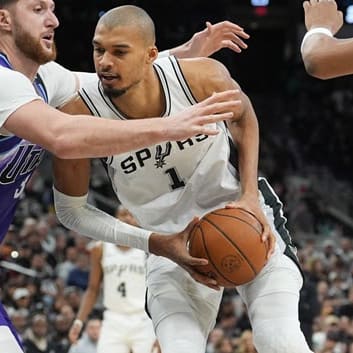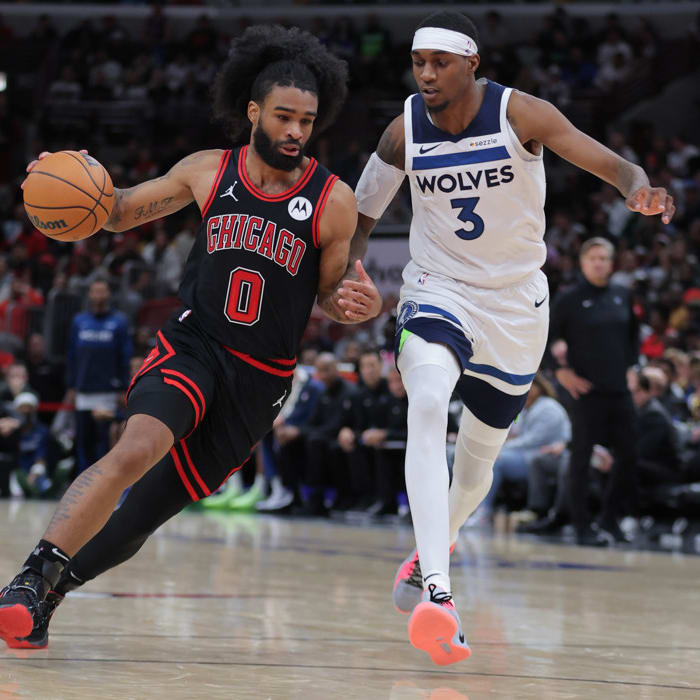A few weeks ago, I introduced the idea that better isn't always better when it comes to NBA daily fantasy games, despite what the AT&T commercial with the kids is trying to get you to believe. There are other arguments made by those children and their interviewer, too...faster is better, bigger is better... Well I'm planning to test all of these widely held beliefs that permeate our decision making when it comes to fantasy basketball lineups. See, I'm pretty trusting in general, but as I've said many times, I'm also very competitive. Therefore, using ideas that seem logical, that we hear from credible sources, and that are part of the very language of DFS, without seeing them reinforced by the actual data, doesn't sit well with me. So far, we've learned that fantasy points come from both winning and losing teams (read more about that here). Simply put, the better team doesn't always produce the higher number of fantasy points. If better isn't always better, what other fallacies may lurk in our lineup setting process?
What about the fastest team? Is the fastest team the best bet for daily fantasy points? If you do any research before setting your daily lineups, you probably at least check the games' over/under and spread, defense versus position rankings, and pace. Or maybe you read articles by people that have done so (like our daily cheat sheets). Pace is something you hear about a lot. It's quite simply the number of offensive possessions a team has on average during a game. While fantasy points can be scored on defense, offensive possessions arguably provide the better opportunity for points, assists, and offensive rebounds. In terms of actual games, teams that push the pace are aiming to increase the number of scoring opportunities, often because their defense is lacking. Teams with strong defense tend to slow the pace, aiming to limit their opponents' possessions.
Check out all the NBA teams sorted by their pace of play here. If you're like me, you see fast pace and think high fantasy output...it only makes sense. In this case, it DOES make sense. If you plot a team's pace versus the total fantasy points they produce, you get a nice correlation (see below). Fantasy points are the sum total of the starting PG, SG, SF, PF, and C season averages for each team. In cases where the starter has fluctuated or changed due to injury, I've used the most fantasy-relevant player.
So how can you use this information? When you read that a team plays at a high pace, consider that this translates to fantasy value best for PG and PF. Points, assists, offensive rebounds: the more opportunity, the better. You can safely ignore pace when it comes to the other three positions, perhaps relying more on DvP ranks, over/under, or injury-induced value (especially for G). For C, this makes sense, as they will rack up a bunch of their FPTs via defensive rebounds.
In the continuing tradition in this strategy article, I'm not giving you the specific guys to play any given night but trying to learn with you how to think about the numbers and statistics you encounter every day in an unbiased way. Pace of play is one of many important considerations when you're deciding between two players. Hopefully, the data above will help you to value pace properly in the context of your specific lineup construction. One last avenue to consider is how playing a high-paced team affects a low-pace one. Next week, I'll look into what happens to games that are played with very different styles, focusing specifically on the positions where pace seems to matter most: PG and PF.
As always, send me your comments and questions below or on Twitter. Enjoy the All-Star Break! Usually I play DFS Hockey during the break, but I think this year I may try some PGA games. Who's got advice for me??
















































